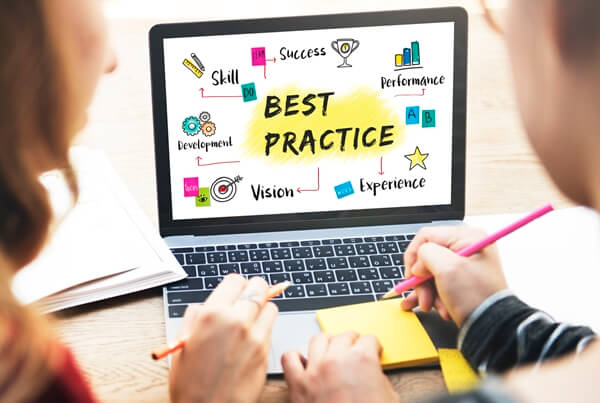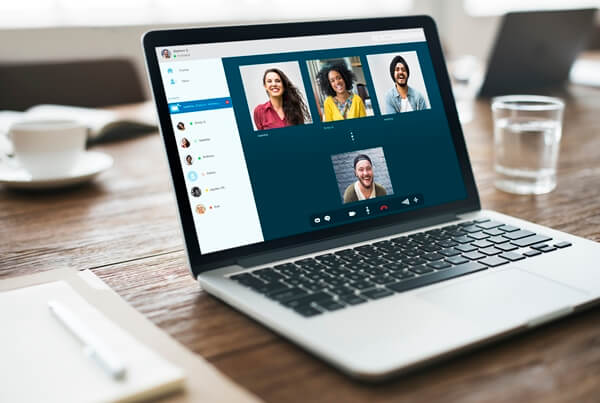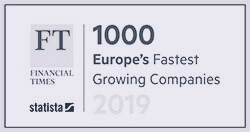Do you want to sell tickets online? Check these hints.
The growth of online stores over the last years has transformed the way people experience events. From the first invitation to the actual registration, the communication between organizer and attendee is now happening through digital tools.
How to attain maximum event attendance.
1. Choose the right online event registration system
Building a simple ticket purchase flow on a website is the major goal. Here are the key requirements you should be interested in when choosing your event software:
• An easy-to-use form builder
The fewer fields, the more gains there will be. A strong online event registration software should come with capabilities for customization. Seek solutions that use pre-population of data to simplify the event registration for your existing clients.
• Flexible payments system
Present your registrants with a good choice of payment methods. Using PayPal for event registration is a safe and proper option, but add extra methods can increase your conversion rates.
• Tools for the management of extra offers
Buyers love offers. To brighten your event registration, look for platforms that can help you have some extra marketing through promo codes, early bird rates, and more.
Within the Last2ticket event registration software, you can discover the solution to sell easily and beautifully your event.
2. Define your audience
To sell event tickets online, you should have a very clear knowledge of who your target is. Regardless of the ways you use to sell tickets, customer segmentation is something you should take to your advantage.
• Interpret demographics
You can catch the attention of millennials by selling your tickets on Facebook, while email marketing will probably work better with an older audience. Segmenting your audience by age, gender, or occupation is the starting point.
• Grab geographical data
Geographical segmentation helps you to schedule email campaigns by time, which means you can reach out to each of your potential registrants at the right moment.
• Get to know behaviors
Depending on what data you have at your disposal, you can adjust campaigns with the preferences of your target audience. For example, you could track the time of day when people tend to buy tickets and their preferred channels as well as payment methods.
3. Develop advertising campaigns for different channels
Once you have a very clear understanding of who your buyers are, start building an advertising strategy. Here are the basic ways you can utilize to put your event in front of the target audience:
• Social media
From a teenager to a busy company owner, there are social media platforms that suit the needs of everyone. Selling tickets on Facebook ads is a good idea, not only because this is the place where you can meet the largest audiences but also because Facebook has a very handy event setup and promotion tool with boosting capabilities.
• Event discovery websites
Apart from Facebook events, there are dedicated event discovery platforms that your target users could use to search for events.
• Email
Target your messages to specific segments, add tailored CTAs, and automate through email marketing tools. To maximize the impact, you could also add some visuals contents or treat the audience to special offers.
4. Set up analytics and test your campaigns
Analytics is a gold mine for event ticketing insights. Tools like Google Analytics can be used to see how people actually respond to your event registration page.
Since running ad campaigns usually costs you some money, it’s important to ensure that your investment is rentable, explore the ways you can optimize them through testing.
A sold-out event is an event with a strong online ticketing strategy behind it.
With a reliable event registration software, you can ensure that your target audience has a frictionless online purchase.















